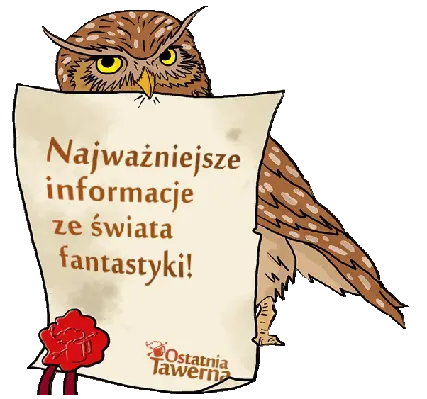I'm not brave enough to watch horror movies. But I love hearing about them. This time, for the first time, I decided to read one. I didn't know if I could do it - I live in a huge house, in the middle of a forest, with no neighbors, so my imagination runs at full speed when I remember any scary story. However, setting myself a book goal for this year, I decided to reach for this horror film. Why do you like to be so scared? - with these words we begin our adventure with the latest novel by Urbanowicz. It was supposed to be scary as hell. Disturbing and unpredictable. I fully agree with the second sentence. I definitely recommend checking the first one yourself.
Mysteries of two eras
Throughout the plot, we observe the events of one village – in the 1970s and nowadays. Slowly and accurately we get to know the heroes of Suwałki – the inhabitants of Jodozior, who started it all, and policemen trying to figure out current events in the same area. The case of the ashes of a married couple is being investigated by a policeman of half-Lithuanian origin, Vytautas Česnauskis. Sent on penalties from the municipal headquarters in Suwałki, he is drawn into a puzzle, the solution of which may be deadly for him.
It’s not easy to believe in magic these days. Each event must have a scientific confirmation – otherwise it is a religion or … a strange coincidence. People try to be rational, and if someone breaks this pattern, they will most likely end up in a madhouse. Does magic exist? Are these just rumors repeated in the villages? What are the dangers of unscientific answers? This book may be the beginning of an interesting look at witches, witches, magic and … the Church.
The shrine, however, hurts the head. The
incubus presents us with a mystery straight from Sherlock Holmes – with an equally surprising ending. There is a bit of magic, a bit of a crime story, a bit of horror. Urbanowicz neatly presents the world surrounding the protagonists and unmistakably accentuates the changes taking place in it. If there’s a criminal mystery, they must be suspects. In this case, the author exaggerated a bit – it seems so obvious that the accusations against some characters are so obvious that it is impossible for them to be behind the chaos in Jodoziory. But are you sure? Maybe it’s just a trick designed to strike them off the list of suspects? Lull our vigilance so that at the end we find the truth with bated breath? I will not answer this question, but I must honestly admit that I myself lost my judgment while reading it.
Is it worth it?
Definitely yes. More than once. Despite the shortcomings described above, the story is truly unpredictable. The author’s afterword at the end of the book strongly encouraged me to read it again, more carefully. Although I know the solution to the puzzle, I am eager to pay attention to the details. The greatest advantage of this book is… humor. The combination of horror and wit is a masterpiece. However, I would not call Incub a horror, at best a crime thriller. Over 700 pages of the novel are read exceptionally fast – this is due to the perfect balance between the eras, when each chapter gives us another puzzle for the puzzle. [A note on balancing between the ages does not seem entirely related to the fact that the new chapters provide clues, and in this sentence it sounds as if one stems from the other.]

